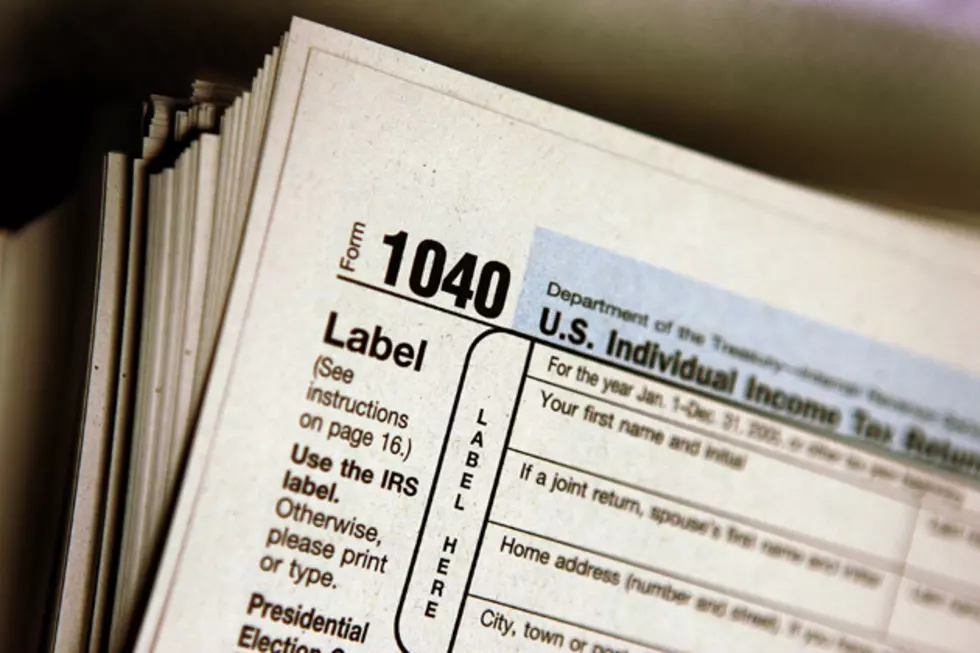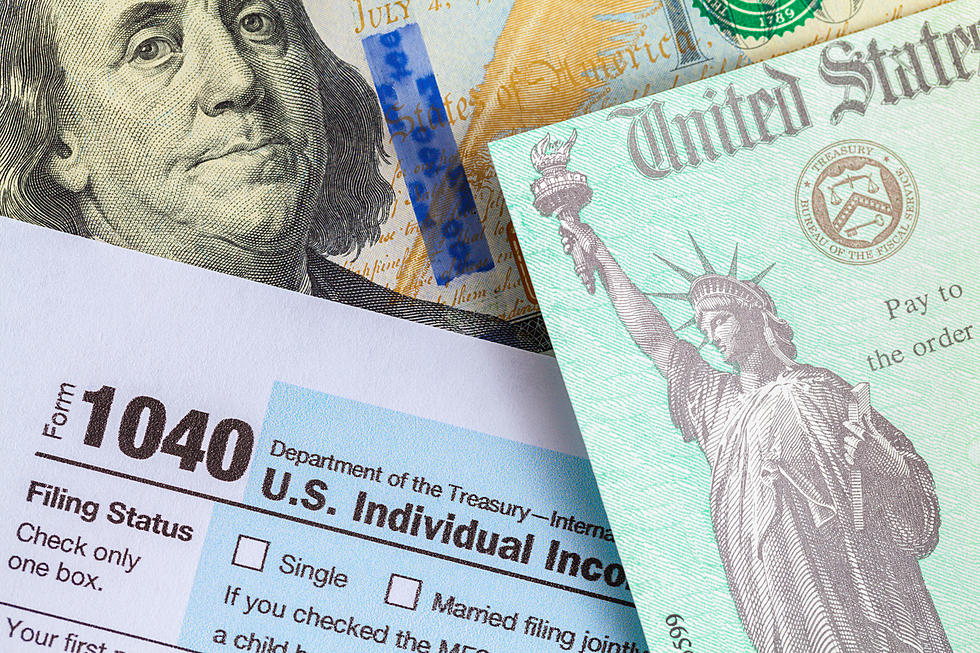
How Much Would Louisiana Paychecks Change if IRS Tax Scrapped
A Louisiana oil-filed worker in Morgan City opens his pay envelope on the first of the month, and he notices it. A waitress in Lafayette opens her paycheck and she notices it too. The same can be said for Louisiana workers from Mandeville to Krotz Springs to Monroe and Serepta. We all notice how much money is taken out of our paychecks for taxes.
Taxes are always a hot topic of discussion in Louisiana when the calendar flips into February and soon to be March. We all know the tax deadline is looming on April 15th. We all have to file our federal returns by that date. Some will file an extension, some will just blow it off and let the chips fall where they may.
The current administration in Washington has made more than a few comments suggesting major tax reforms and an overhaul of the Internal Revenue Service. There has even been talk of "erasing the federal income tax," which would move the country back to the "good old days" of 1870 to 1913.
Have you ever wondered just how much different your paycheck would look if there were no deductions for federal taxes? What if you could actually take home all of the money that you worked hard for? How different do you think the numbers might be?
The website gobankingrates.com provides financial advice and information about banking, investing, and other personal finance topics. They took on the question of "How different would your Louisiana paycheck be without federal taxes". I was surprised by what they found.
The methodology GoBankingRates used included median household income figures for each state. They then estimated the federal taxes based on a single filer using a standard deduction. If you file differently, such as a married couple, married filing jointly, or married withhold at a single higher rate, your numbers might be a little different.
So, for the sake of discussion, here's what GoBankingRate deduced for a Louisiana worker not paying federal income tax.
Louisiana
Median household income: $49,469
Total income taxes for single filers: $10,973
State income tax for single filers: $1,970
Bi-weekly check with all taxes: $1,481
Bi-weekly check with no federal tax: $1,827
That information is courtesy of GoBankingRates.com. You can see how a federal tax erasure would affect income in other states, right here.
Using my public school math skills I can deduce that the difference in dollars in the example noted above comes to $346 per paycheck. That would mean an additional $692 per month. Over a year time that would mean a "raise" of $8,304.00.
That's the equivalent of almost six COVID stimulus checks or very close to what the reported amount of the alleged "DOGE Dividend" would be if that came to fruition. Of course, in many states, you'd still have your state tax obligation to be concerned with, so it's not like we'd be living tax-free.
Tips to Avoid IRS Scams During Tax Season
Gallery Credit: Billy Jenkins
More From 97.3 The Dawg









